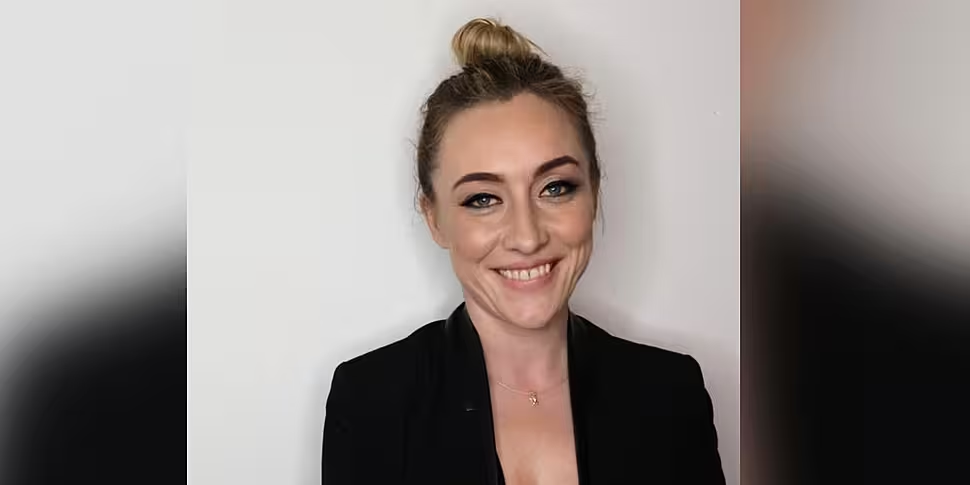One woman, who received a kidney from both her father and her mother, is appealing to people to consider organ donation.
Trudy Hayes went from being a busy hairdresser, aged in her early 20s, to undergoing dialysis in hospital three days a week.
Under a new opt-out system, all adults in Ireland will be considered to have agreed to be an organ donor unless they have recorded a decision not to donate.
However the bill has not been passed into law and is still at the committee stage in the Dáil.
Ms Hayes told Lunchtime Live this all began with headaches.
"Back in 2007 I was just really, really busy working away," she said.
"I had a great job, we had a lovely house we were doing up, we were engaged to be married - I just thought that was the way my life was now.
"I started to get these really bad headaches, and I kind of just brushed them off.
"I remember I was working away in London; I was never the type of person to take a day off, but the headaches were getting so bad I started to vomit with them".
'Crazy new routine'
Ms Hayes said she then she returned early to Dublin, and was diagnosed with organ failure.
"I was really nervous, I didn't really know what that meant - but I had quite a positive attitude," she said.
"I basically started into this crazy new routine of hours and hours a day attached to a machine.
"As somebody who's busy, busy, go-go all the time, it's very hard for me to sit still - so I struggled with that a lot".
She said an organ transplant is "always the goal" in situations like this.
"It's not a cure: I know a lot of people... they think that's the end of it then, you're cured.
"But actually it's just the best form of treatment that they have".
'My body started to reject it'
Ms Hayes said her father stepped up to donate a kidney, after he was identified as a match.
"Unfortunately after about eight months to a year, that started to fail - my body started to reject it.
"That was awful, and the guilt of that obviously for me".
Her mother then stepped into the breach, but not before further treatments.
"They need to work you up again, get your strength back up before you can go back on to the list.
"So it took another five years after that - my mum got tested she was thankfully a 100% match, which is amazing.
"I've had no trouble since then, and it's been an absolute dream; back to life, and experience life the way I used to experience it".
'A massive legacy'
She said organ donation is a legacy everyone should consider.
It's something that nobody thinks about until a family or friend in this position," she said.
"Nor should you probably want to think about it on a daily basis.
"One person can save up to seven people's lives: that's a massive legacy to leave behind, I think," she added.
Listen back here:
More information on organ donation can be found here









